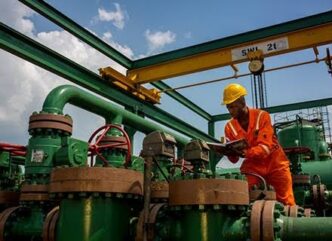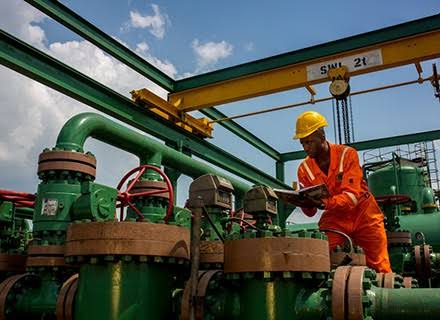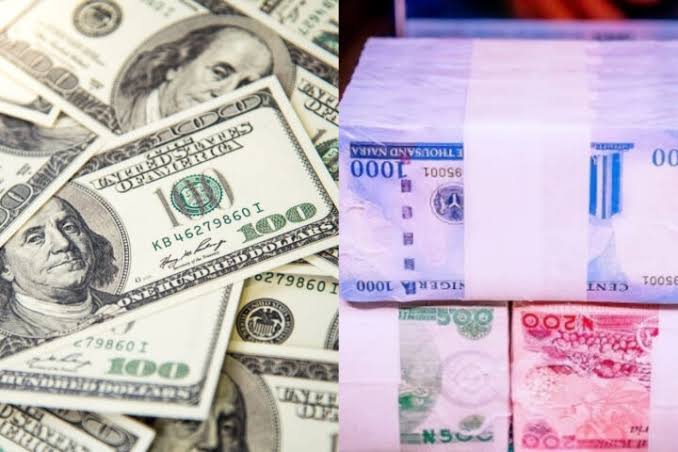Nigeria’s crude oil production has increased by 80% in the past two years, rising from 1 million barrels per day (bpd) in 2023 to 1.8 million bpd in 2025, according to Heineken Lokpobiri, Minister of State for Petroleum Resources (Oil).
Gatekeepers News reports that Lokpobiri, while speaking at the West African Refined Products Pricing and Markets Development Conference in Abuja, attributed the growth to the government’s efforts to boost the upstream sector.
“In Nigeria, our ambition is first of all, to grow the upstream because the midstream and the downstream would not be successful without a successful upstream,” he said.
Lokpobiri noted that despite the production gains, a large portion of the crude is exported and re-imported as petroleum products, highlighting the lack of value retention on the continent.
“Our own ambition is that we continue to grow our fighting capacity in Nigeria and our ambition is also to ensure that Nigeria becomes the marketing hub for refined products in the shortest possible time,” he added.
The minister emphasised the government’s support for refiners, marketers, and the Nigerian Midstream and Downstream Petroleum Regulatory Authority (NMDPRA) to create a seamless trading environment.
Bayo Ojulari, Group Chief Executive Officer of the Nigerian National Petroleum Company (NNPC) Limited, also spoke at the conference, highlighting the company’s commitment to removing structural obstacles to build a strong foundation for a self-sufficient refining system in Africa.
Ojulari said the NNPC aims to drive this transformation through refinery upgrades, equity in the Dangote refinery, condensate projects, and support for third-party initiatives.
“NNPC Ltd stands ready. Ready to co-create, co-invest, and co-lead in building an African refining ecosystem that is inclusive, resilient, and globally competitive,” he added.
Farouk Ahmed, Chief Executive Officer of the NMDPRA, revealed that 69% of the fuel supplied in West Africa is imported, with regional refining capacity reaching 1.33 million barrels per day.
He also noted that the region still relies on posted prices from global reference markets, including Northwest Europe, US Gulf Coast, Mediterranean, Singapore, and the Arab Gulf for its trading activities.








